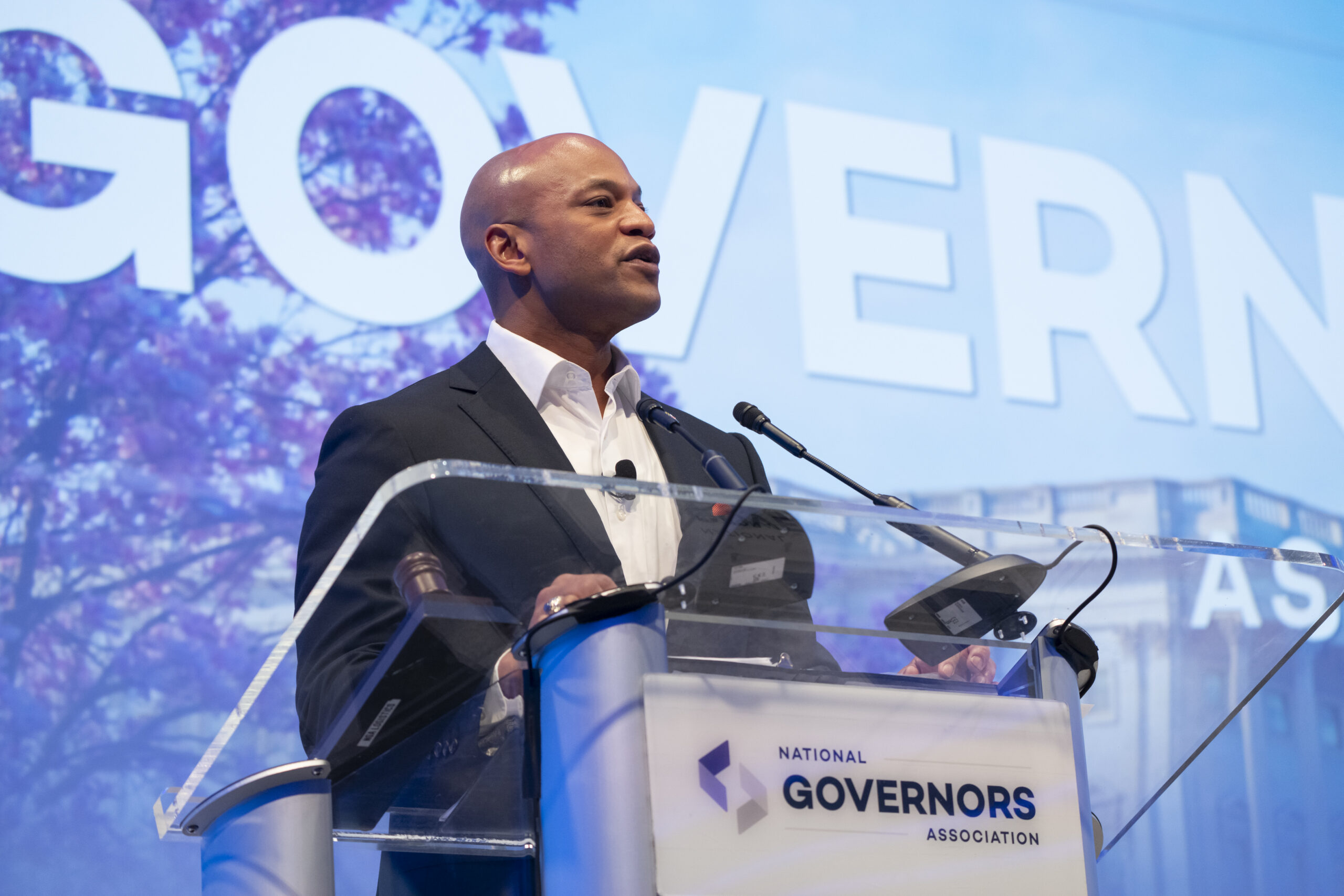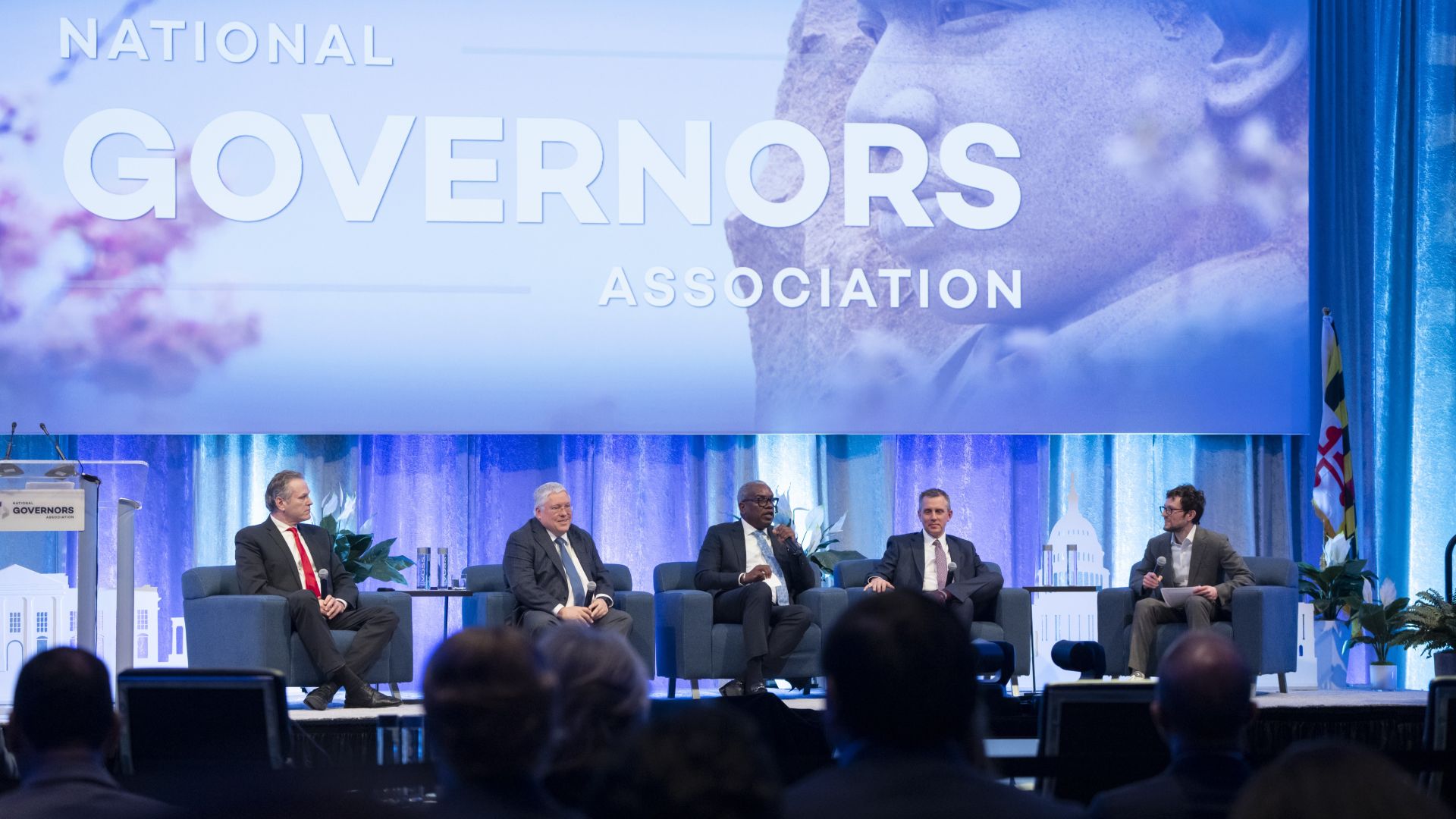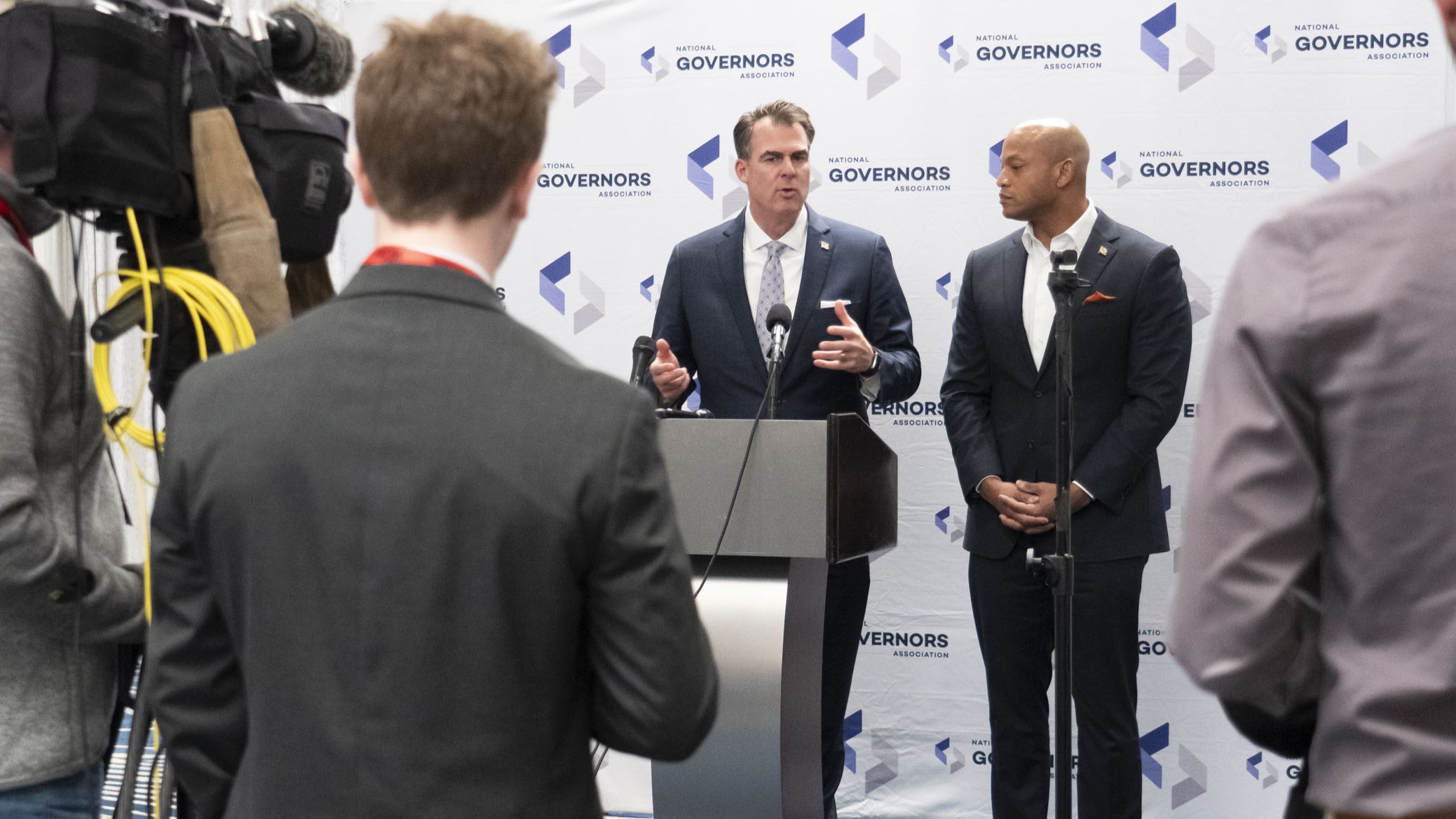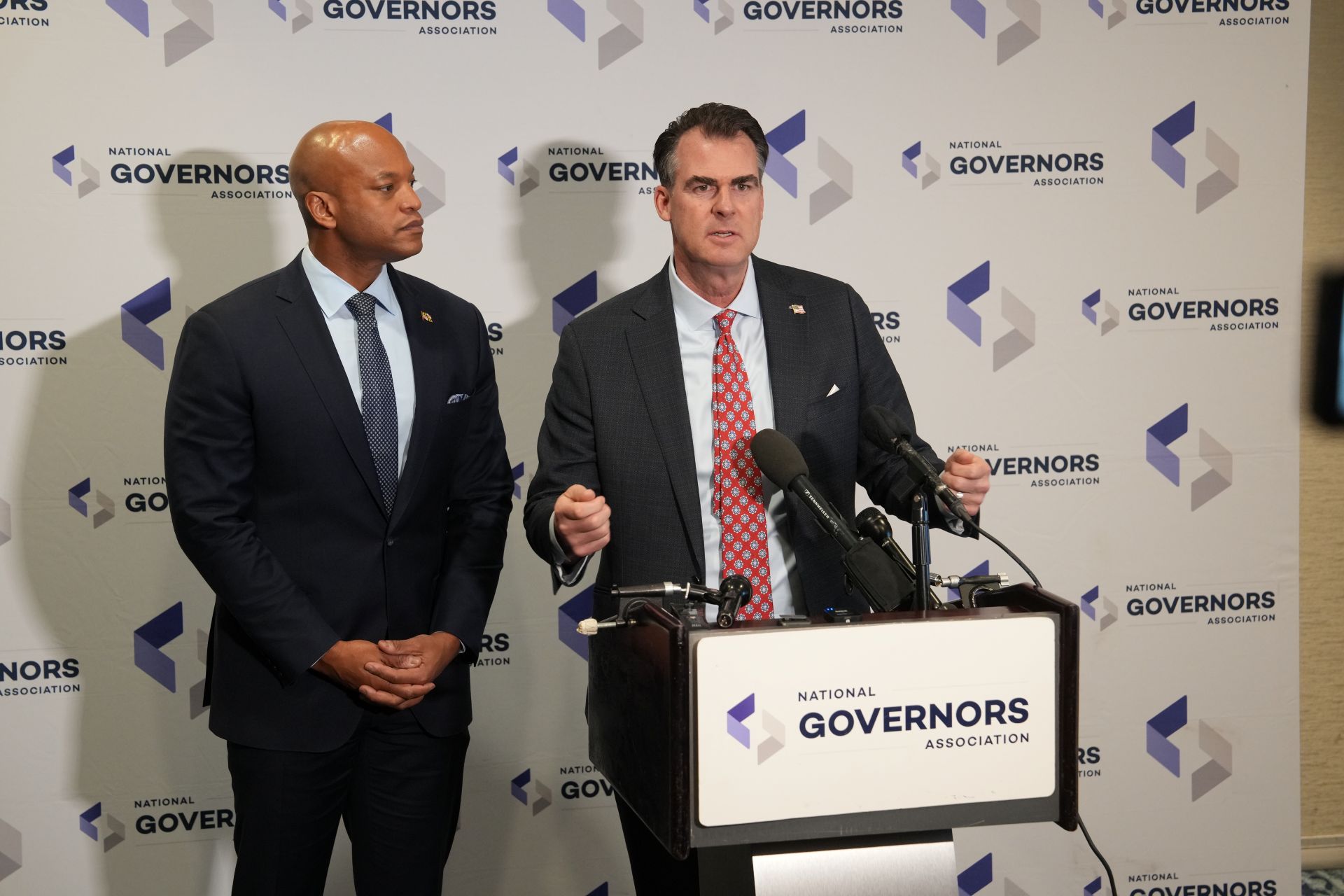On July 23rd, NGA hosted the monthly meeting of the Human Services Advisors Network, which featured presentations on collateral repercussions impacting states’ human services programs, with special attention to early childhood and nutrition systems changes featuring a project update from NGA and a briefing from the American Public Human Services Association (APHSA) on One Big Beautiful Bill Act (OBBBA) and new SNAP requirements.
A recording is available here. Please contact the NGA Children & Families team for the password.
Speakers
- Eli McCabe, Senior Policy Analyst, National Governors Association
- Chloe Green, Manager, Food and Nutrition Services, APHSA
Key Takeaways for Governors’ Offices
NGA will be hosting an action lab workshop on early childhood strategic financing in October 2025, immediately preceding the in-person annual Health and Human Services Policy Institute. The Action Lab workshop is aimed equipping states and territories with resources, tools, and information to help preserve and maintain early childhood systems and interests from the collateral budget impacts of federal program changes.
This workshop is built to be a working session for small, bespoke state teams to receive hands-on, practical, strategic planning support to help Governors’ teams make confident, informed plans heading into next year’s budget season. Invitation and agenda details for the event will be shared in the coming weeks.
New SNAP Requirements in OBBBA:
- All states are currently out of compliance as many policy changes went into immediate effect upon passage
- Awaiting critical SNAP implementation guidance from FNS related to new OBBBA requirements, including those related to:
- Rulemaking, timelines, and other implementation expectations related to eligibility requirements that go into effect immediately, like new conditions for work requirements, prior ABAWD waivers, standard utility deductions, and new exemption classes
- Potential disruption/changes to regular FNS communications and compliance timelines, which can contribute to greater confusion for SNAP program operators
- No direct programmatic implications to WIC, Summer EBT, DSNAP, or SNAP E&T; however, states will have hard funding decisions in the months and years ahead about how to manage budget obligations for greater state spending on SNAP Admin
Presentations
NGA Current Project Updates: Highlights from Early Childhood Strategic Financing Project:
- While Medicaid and SNAP cuts may not have direct or immediate impacts on state ECE systems, these cuts will have ripple effects and start to tear at the edges of the sector –which may impact providers ability to operate and/or families access to care.
- Many states and territories lack coordinated governance structures, which makes strategically disbursing funds to families, providers, across systems, a challenge—a dynamic strained by the large influx of time-limited COVID relief dollars that necessitated quick obligation and expenditure cycles.
- The last 15 years of federal investment (e.g. landmark CCDBG, PDG B-5, Head Start funding increases, etc.) have helped to stabilize ECE systems generally, but as states enter tighter budget cycles they will have tough decisions ahead as they plan out funding priorities.
- One of the biggest OBBBA downstream impacts to state systems may entail the ECE workforce, a demographic that has historically qualified for and relied on social programs and benefits like Medicaid and SNAP; new program restrictions and requirements may present challenges to recruitment and retention as potential employees seek other employment fields.
- Additional potential funding cuts to other federal programs (SSBG, CSBG, TANF) which Congress may consider also present a downstream threat to the community-based organization community that undergirds a lot of the early childhood provider sector.
APHSA Briefing on SNAP Changes: in-depth overview of new SNAP requirements in the OBBBA, focused on administrative challenges and financial considerations for states and territories:
Firm and Clear Implementation Dates & Significant Funding Changes:
- Starting in FY27, states will be required to contribute more funds for SNAP Administrative costs (50%–> 75%): states will receive a lower reimbursement from Feds to pay for costs associated with operating the program.
- Starting in FY28 (and as late as FY30): States with above 6% Payment Error Rates (PER) will be required to pay for a portion of the individual benefits.
- SNAP Ed program sunsetting at the end of the current fiscal year and no new funds will be available.
Hazy Implementation Timeline and Unanswered Questions from States:
- What policy changes will require rulemaking?
- How will FNS treat off-boarding waivers?
- When will guidance be available on new eligibility requirements, and implementation timelines, particularly those requirements that are already in effect?
Perspectives from APHSA’s SNAP Administrator Network:
- Work Requirements Changes: With a lack of guidance from FNS, States administrators are concerned about being currently out of compliance due to new guidelines for SNAP work requirements. Veterans, youth aging out of foster care, and individuals experiencing homelessness are no longer categorically exempt from SNAP work requirements, while new exemptions (i.e. eligibility for Indian Health Service recipients) are now eligible to receive SNAP benefits, Changes to ABAWD age limits and allowable standard utility deductions will also entail a learning curve for SNAP eligibility verification systems.
- Impacts to SNAP Outreach and Staffing: SNAP Outreach activities fall under SNAP Admin activities, so many states may need to consider reducing staff or ending contracts as states will be receiving fewer reimbursement funds for administrative activities. This reduction in funding could limit agencies’ capacity to hire contractors for eligibility screening and outreach, unless states allocate additional resources from their own budgets.
- Implementation Hold Harmless: SNAP regulations also include a 120-day hold harmless period in Quality Control (QC) regulations, under which new polices may not count toward error rates during initial implementation of error rate reduction efforts. Clarity from FNS is needed to determine when the hold harmless period starts and what it covers.
- Looking Ahead to October 1st: States are bracing for a tight implementation window. Many key operational compliance measures and tools such as the state plan checklist and the cost-of-living adjustment (COLA) information have not yet been released. FNS has indicated a broader implementation memo modeled after prior Farm Bill guidance is in the pipeline, but no additional dates or expected timelines have been shared.












